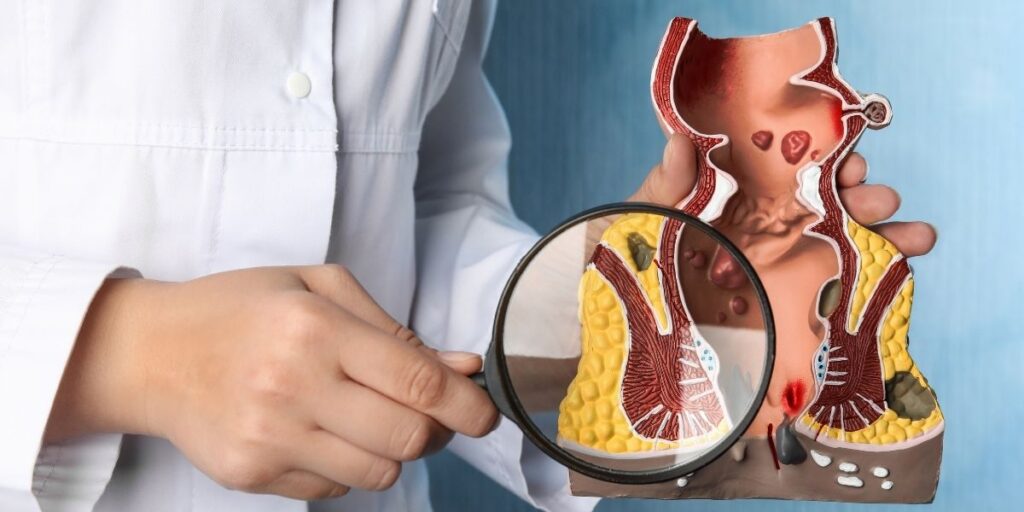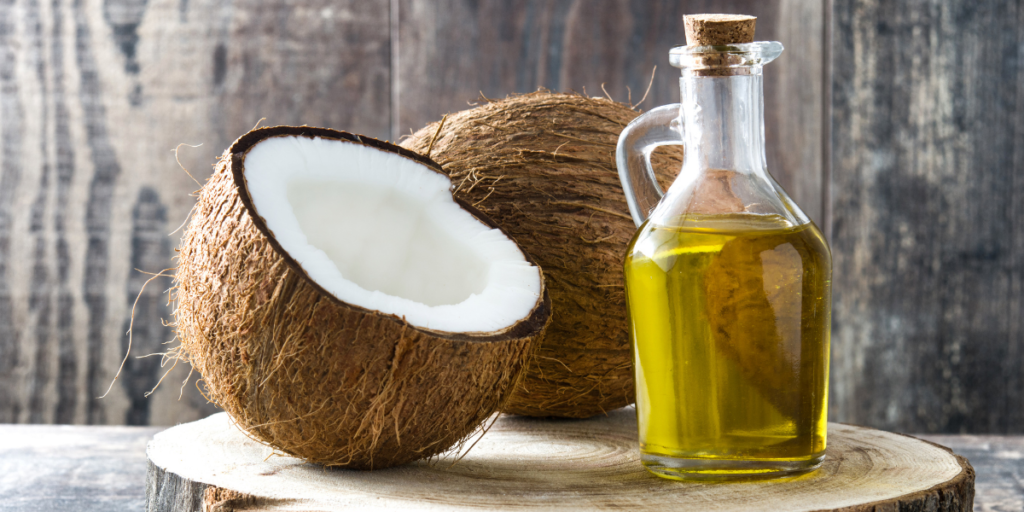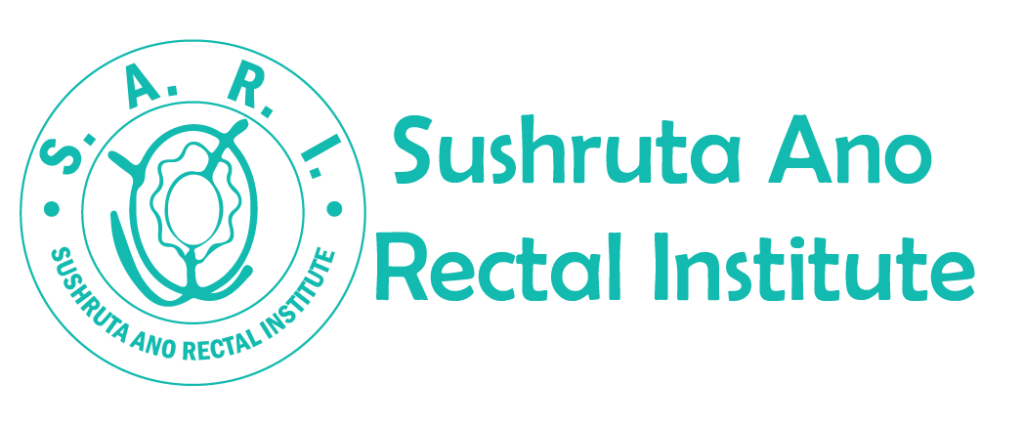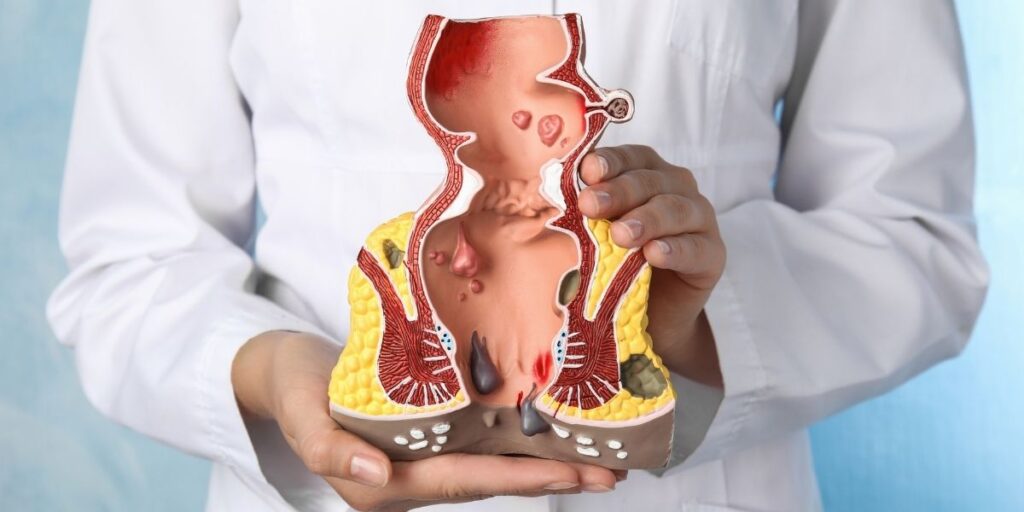Home Remedies for Fissures: What Really Works?
- August 23, 2024
Introduction
An anal fissure is a small tear in the lining of the anus, causing sharp pain and discomfort during and after bowel movements. These fissures can result from passing hard stools, chronic diarrhea, or anal trauma. While professional treatment is often required, we’ll discuss effective strategies for managing anal fissures at home. Explore how anal fissure treatment at home and fissure home remedies can aid in relieving symptoms and promoting healing.

Understanding Anal Fissures
Anal fissures are painful tears in the anus lining, causing discomfort during bowel movements. Fissure treatment at home involves using home remedies for anal fissure like increasing fiber intake, drinking plenty of water, and taking warm sitz baths. Applying soothing agents like coconut oil or aloe vera can help alleviate pain and promote healing. Here’s how you can manage anal fissures with simple home remedies:
Effective Home Remedies for Fissures
1. Warm Sitz Baths
One of the simplest and most effective home remedies for fissures is taking warm sitz baths. Soaking the affected area in warm water for 15-20 minutes several times a day can help relax the anal sphincter, increase blood flow to the area, and relieve pain. This remedy promotes anal fissure healing and reduces discomfort.
2. Increased Fiber Intake

Diet plays a crucial role in preventing and managing fissures. A diet rich in fiber can help soften stools and prevent constipation, which is a common cause of fissures. Incorporate fiber-rich foods like fruits, vegetables, whole grains, and legumes into your diet. Consuming adequate fiber ensures regular bowel movements and reduces strain during defecation.
3. Adequate Hydration
Drinking plenty of water is essential for maintaining soft stools and preventing constipation. Proper hydration supports overall digestive health and helps ease bowel movements, which can aid in the healing of fissures. Aim to drink at least 8 glasses of water daily.
5. Coconut Oil

Coconut oil is known for its soothing and anti-inflammatory properties. Applying a small amount of virgin coconut oil to the affected area can provide relief from pain and promote healing. Its natural moisture helps keep the area lubricated and prevents further irritation.
5. Aloe Vera Gel
Aloe vera has been used for its healing properties for centuries. Applying fresh aloe vera gel to the fissure can reduce inflammation, soothe the area, and speed up the healing process. Its natural compounds help in reducing pain and promoting tissue repair.
6. Epsom Salt Baths
Adding Epsom salt to a warm bath can help relax the muscles and reduce inflammation around the fissure. Epsom salt contains magnesium sulfate, which can draw out toxins and promote healing. Soak in the Epsom salt bath for 15-20 minutes to relieve symptoms.
7. Avoiding Irritants
To support anal fissure healing, avoid using harsh soaps, scented toilet paper, and other irritants that can aggravate the condition. Opt for gentle, fragrance-free products to maintain comfort and prevent further irritation.
8. Regular Exercise

Regular physical activity can help prevent constipation and promote overall digestive health. Engaging in moderate exercise, such as walking or yoga, can aid in maintaining regular bowel movements and reduce the likelihood of fissures recurring.
Seeking Professional Care
While home remedies can be effective, persistent or chronic fissures may require professional treatment. If you’re struggling with a chronic fissure, it’s crucial to consult with a fissure specialist in Delhi. A knowledgeable specialist can provide personalized advice and recommend the best fissure treatment in Delhi.
Dr. S.K. Singh is a renowned best fissure doctor in Delhi, offering expert care for both acute and chronic fissures. At Sushruta Ano-Rectal Institute, Dr. Singh and his team are well-versed in managing anal fissures and providing comprehensive treatment plans tailored to individual needs. Whether you’re exploring home remedies or seeking advanced treatment options, Dr. S.K. Singh can guide you towards effective solutions.
Conclusion
Home remedies for fissures offer practical and natural ways to manage symptoms and promote healing. From warm sitz baths and increased fiber intake to coconut oil and aloe vera, these remedies can provide relief and support anal fissure healing. However, for chronic fissures or persistent symptoms, professional care from the best fissure specialist in Delhi, such as Dr. S.K. Singh, may be necessary to achieve complete recovery. By combining home remedies with expert guidance, you can address fissures effectively and improve your overall well-being.
If you’re seeking expert care for chronic anal fissures, consider consulting Dr. S.K. Singh at the Sushruta Ano-Rectal Institute for personalized treatment and relief.
Read More: How Do You Treat a Chronic Anal Fissure?




